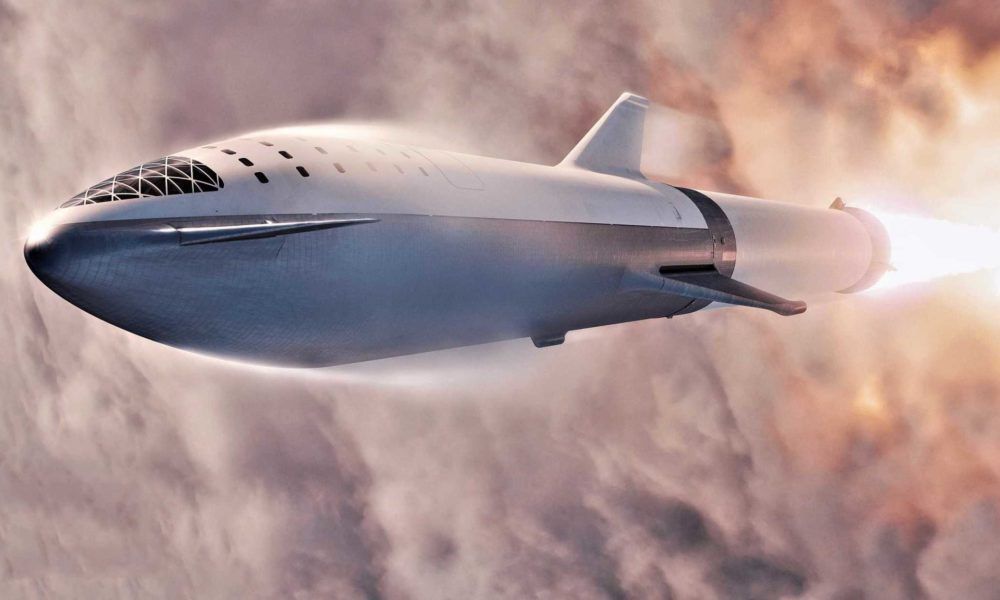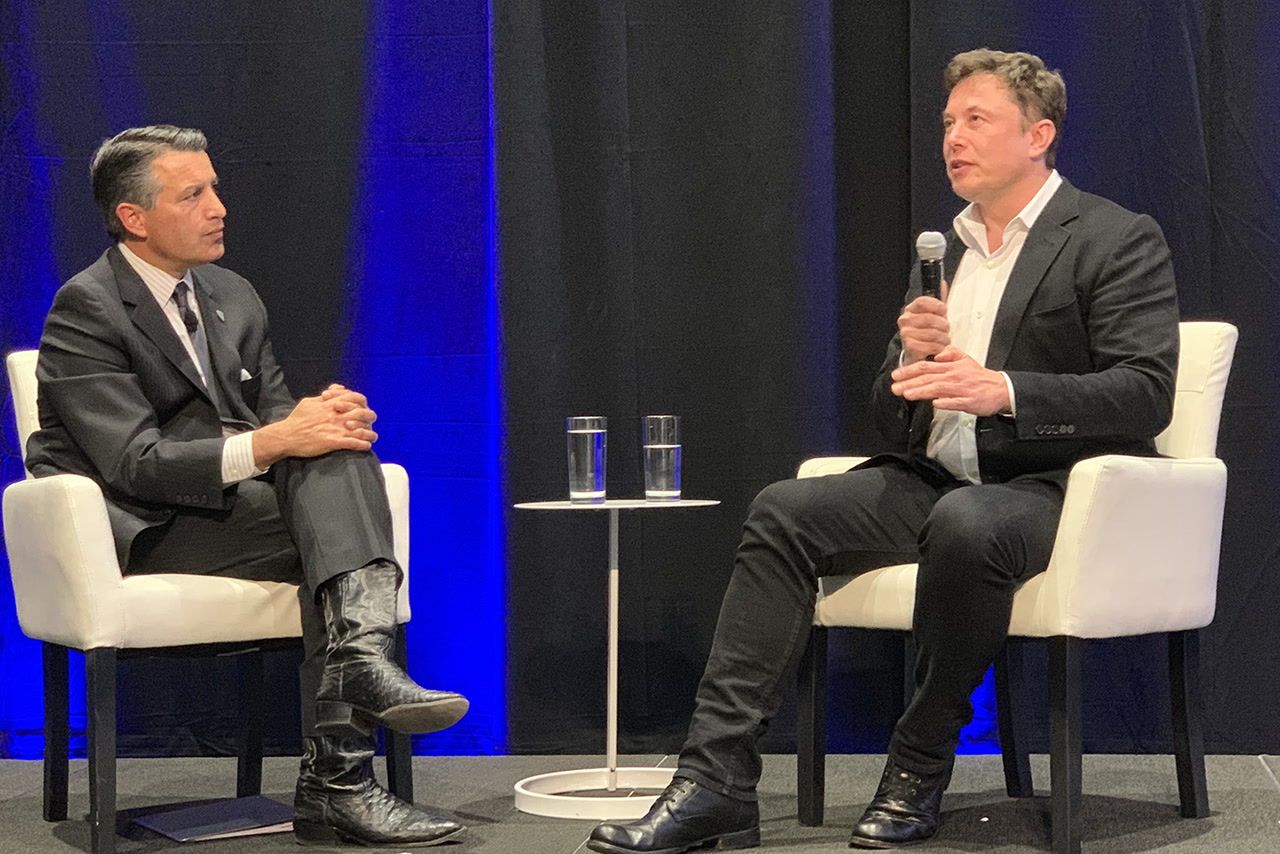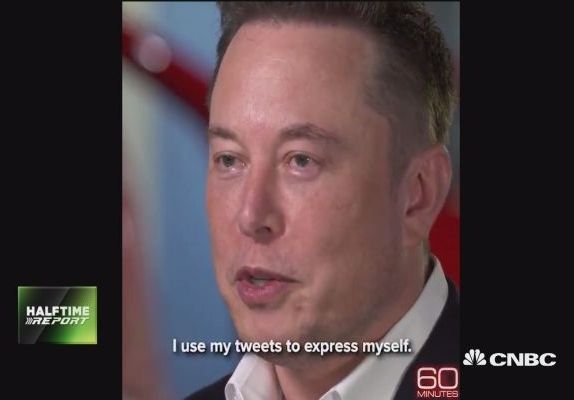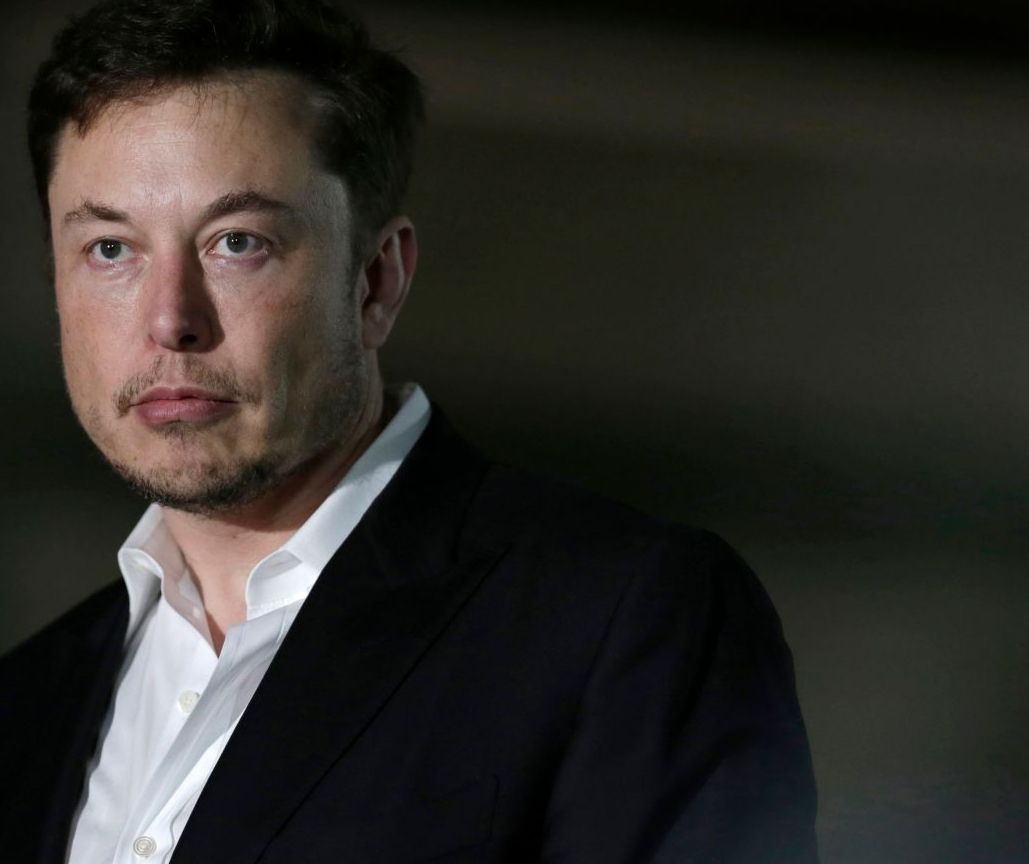Drawn in by Teslarati photographer Pauline Acalin’s most recent photos of Port of LA Falcon 9 recovery operations SpaceX is in the midst of, CEO Elon Musk took to Twitter on December 8th to discuss titanium grid fins and – more importantly – answer a miscellaneous handful of questions about the status of BFR’s development.
Marked lately by rapid-fire, wide-reaching changes to BFR’s general structural composite, Musk at long last confirmed what some suspected – now known as Starship/Super Heavy, the BFR program has officially moved away from carbon fiber composites as the primary material of choice for the rocket’s structure and propellant tanks, instead pivoting to what Musk described as a “fairly heavy metal”.
But cool pics of the demo Starship that will fly suborbital hops coming in ~4 weeks.




